Hoa is a puzzle platformer that initially escaped my notice. But I was happy to accept a later review key offer, as the launch trailer impressed me greatly. As Strong Bad might say, this game gave me the Ghiblis.
The story itself is lacking (“subtle storytelling” as advertised), but I didn’t especially mind. It’s more about the titular Hoa’s journey and the personable creatures she meets, the majority of which will assist. You can use insects as platforms, for instance. It’s not just navigating leaves or mushrooms; some insects will help you jump farther or higher. Or, you can grab some insects and briefly fly. The game doesn’t teach this to you, but it’s not overly puzzling.
As you collect butterflies, you’ll gain the ability to push, swing on vines, and much more. The map makes finding these collectibles easy, so much so that I wish there were the option to disable it. Truly, Hoa is mild when it comes to challenge. With most creatures helping, only the robots prove to be an impediment. Even then, they’ll merely kick you back a stretch; no option to up their threat level. Energy bar or life system worries are nonexistent.
Such a simplistic progression can have a negative connotation, but it shouldn’t in Hoa’s case. That statement doesn’t mean Hoa doesn’t falter. Turning the game’s most intense sequence into a passive cutscene should have the developers second-guessing their thought process. But, good games make simplicity work in their favor, and Hoa is a good game. There’s not an abundance; how could there be for a three-hour game? But it’s relaxing in a befitting way.
What do I mean by this? It seems of late, I’ve seen many titles bill themselves as relaxing when they are, in truth, closer to aimless. They leave me asking what the purpose is, and the final result is often boredom. Hoa wisely avoids this pitfall. It’s goal-oriented.
Of course, what benefits Hoa immeasurably is the audio/visual package it delivers. Starting with the music, it’s lovely. I might even describe it as inspiring, a word I don’t ever recall using in connection with a soundtrack, but one that fits. These tunes are so nice that I’ll say it twice. These tunes are nice! The composer has all of the tracks on YouTube, and they’ve found their way into my rotation well after I beat the game. The power of the piano is on fine display in Hoa.
The visuals are spellbinding. The Ghibli-esque hand-painted screens are impressive in still shots and even better in motion. The lush scenery in the forests, underwater, and beyond, had me staring at the densely packed screens repeatedly. There’s lots of fine detail, impressive lighting, and more. Even if the gameplay sounds too easy to you, these visuals could very well sell you on the game.
Earlier, I mentioned my desire to tweak the map and reveal fewer details. I’ll add that the map is sizable enough to have lots of hidden collectibles. That’s perhaps my biggest letdown with Hoa, and I hope a sequel adds these. It’ll address the short length while strengthening replay incentive.
Hoa is a spirited adventure with a relaxing atmosphere. While I wish it were longer for its launch price (with optional challenges), I’m confident I’ll replay it. The desirable aesthetics combined with goal-driven gameplay are too enjoyable a combination. Did this puzzle platformer go unnoticed by you this summer? It’s never too late to give it the attention it deserves.
Review: Hoa (Nintendo Switch)
Very Good
Hoa is a spirited adventure with a relaxing atmosphere. While I wish it were longer for its launch price (with optional challenges), I’m confident I’ll replay it. The desirable aesthetics combined with goal-driven gameplay are too enjoyable a combination. Did this puzzle platformer go unnoticed by you this summer? It’s never too late to give it the attention it deserves.

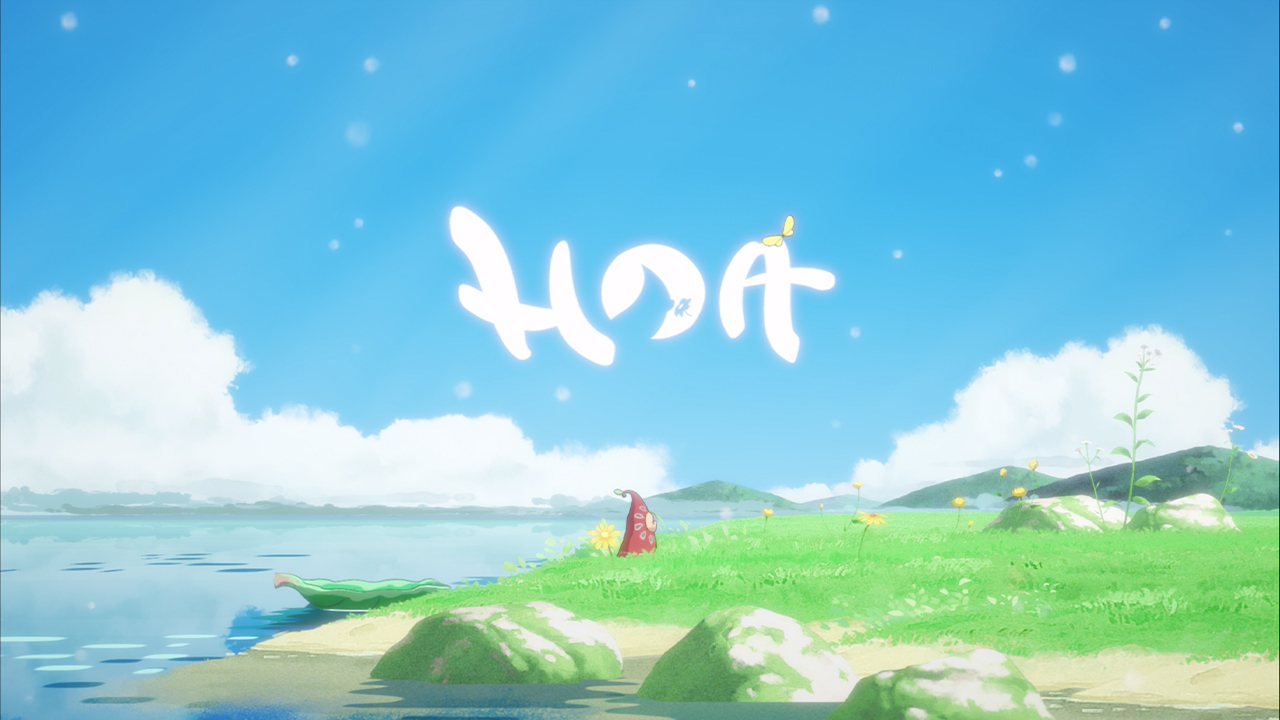
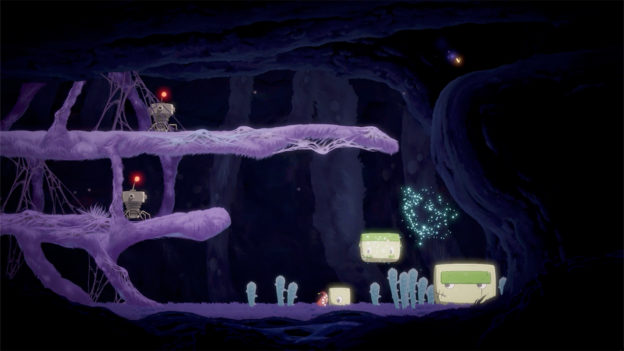
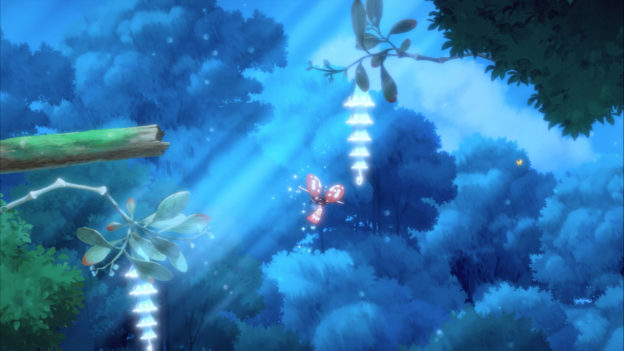
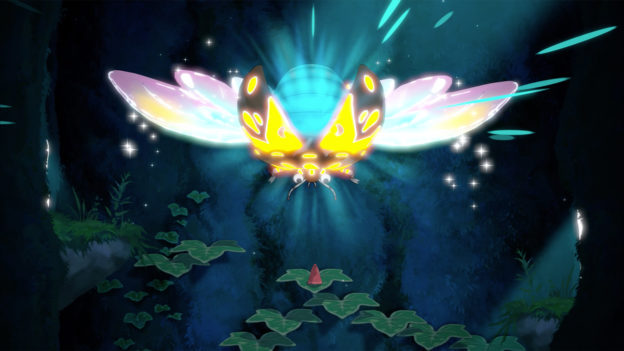
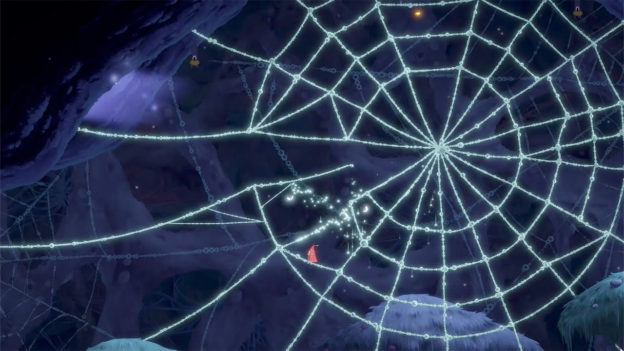
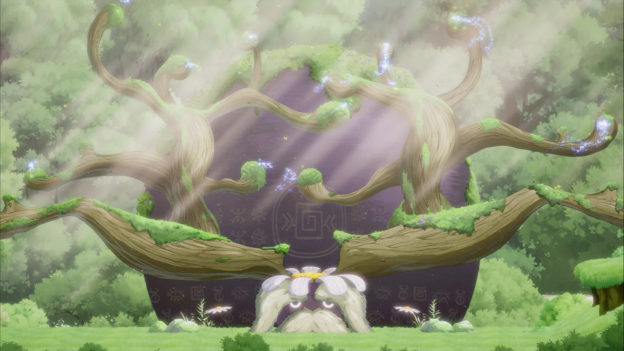

October 5, 2021
[…] Source link : Purenintendo […]